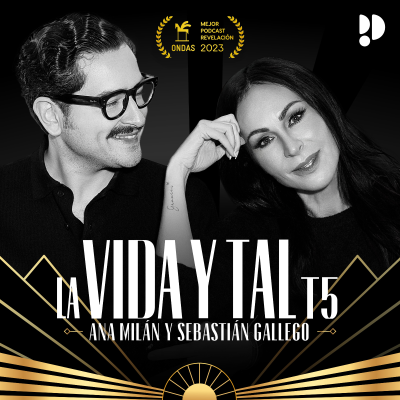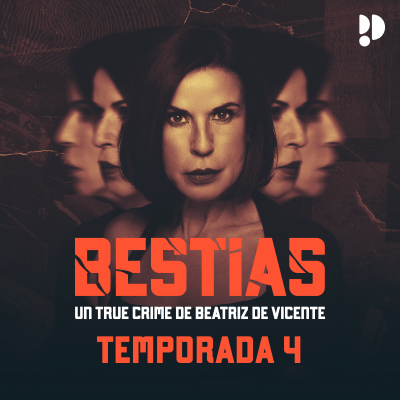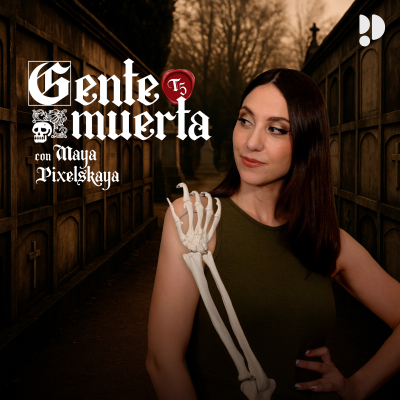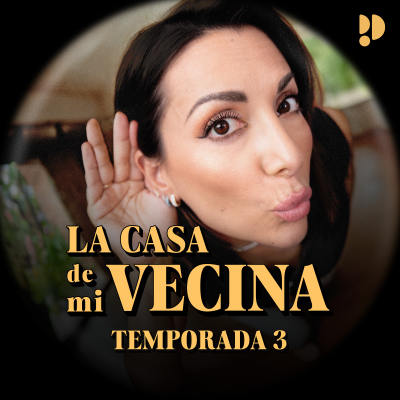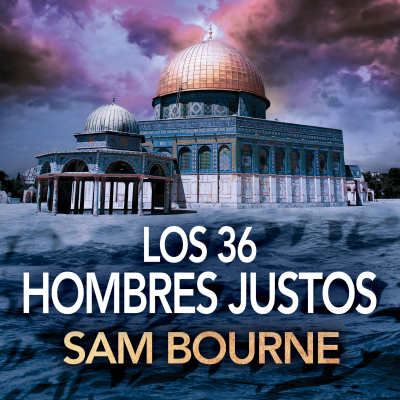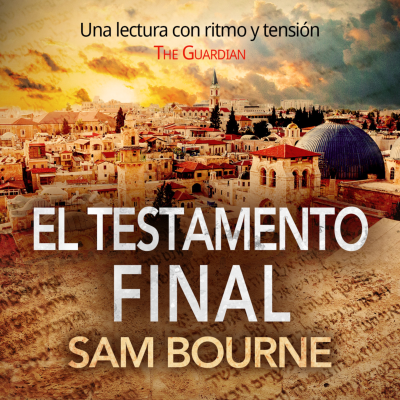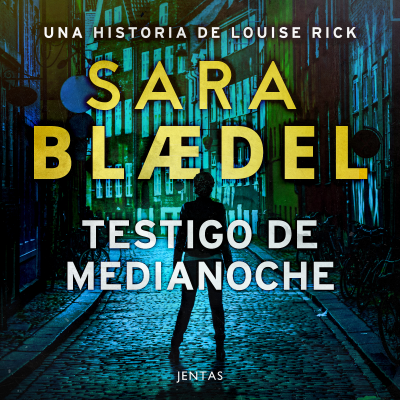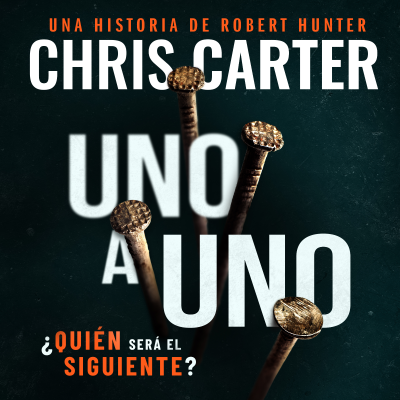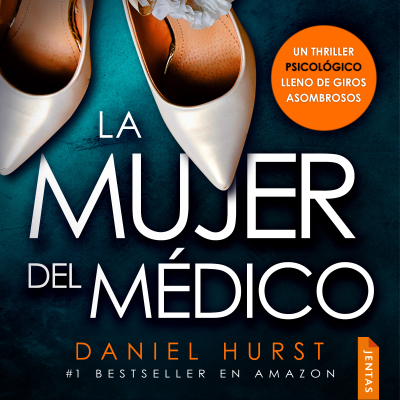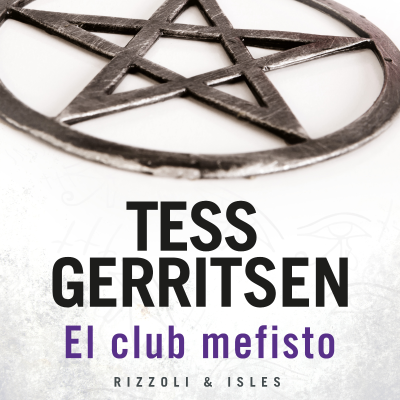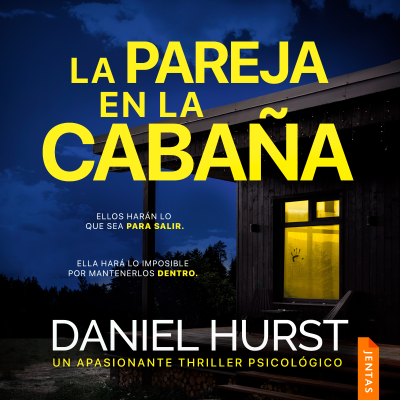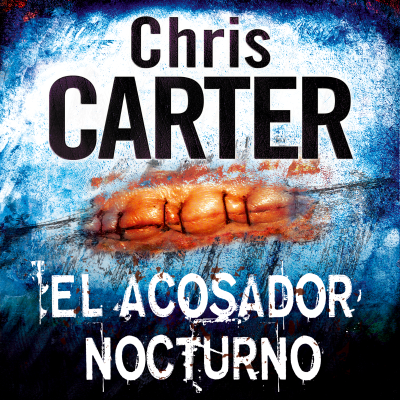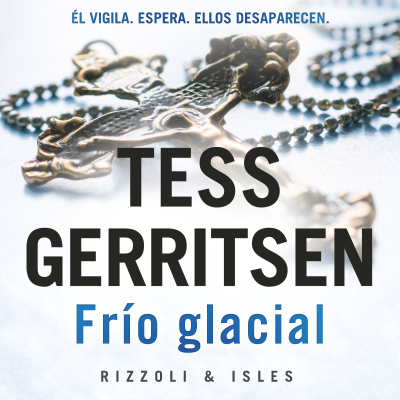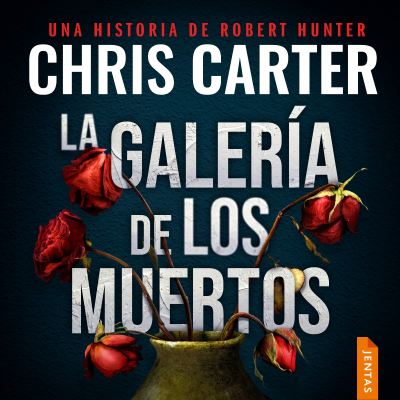
Chasing Hermes
Podcast de Sean Voytilla and Jason Tournesol
Disfruta 30 días gratis
4,99 € / mes después de la prueba.Cancela cuando quieras.

Más de 1 millón de oyentes
Podimo te va a encantar, y no sólo a ti
Valorado con 4,7 en la App Store
Acerca de Chasing Hermes
Explore the Hermetic sciences, including philosophy, metaphysics, spiritual alchemy, initiation, the occult, the Golden Dawn and the exciting world of magic. Recorded between 2009 and 2010, Chasing Hermes was aimed at the casual listener with a keen interest in the world beyond the physical senses. Rejoin your hosts Sean and Jason across wide-stretched vistas of ideas on their pursuit for the elusive quintessence.
Todos los episodios
19 episodiosEight years after the last Chasing Hermes episode, Sean and Jason get together to talk about what the podcast meant to them and some of their favorite moments. Sean and Jason conclude with plans for their next collaboration, and the name of the new podcast is announced exclusively for Chasing Hermes fans.
In his day, John Dee was famous for his contributions to science and for his role as adviser to Queen Elizabeth. Dee assembled the largest library England had ever seen and his mansion at Mortlake outside London was a popular place to visit for foreign emissaries and prominent thinkers. But Dee harbored a longing for more knowledge than science could offer. He wanted to know about the world and what lies beyond it. Dissatisfied with the limitations of contemporary wisdom, he turned to the spirit world for guidance. What he found was going to influence the Western Mystery tradition forever. In 1581 Dee contacts the angels for the first time. He soon has to accept that he is not a talented medium. Enter Edward Kelley, a much younger man of low social background and a nasty habit of necromancy. Kelley is excellent with the crystal ball and the two start a collaboration that will take them through countless angelic worlds. Parallel to their spiritual vision quests, Dee and Kelley sojourned through the European courts entertaining kings and emperors with their seances and alchemical experiments. Join us in this episode of Chasing Hermes and discover the two men behind the legendary Enochian angelic language
It is hard to imagine that almost a thousand years went by during which virtually nobody in the West knew anything about the majority of Greek philosophy. In retrospect, this period has rightly been dubbed the Dark Ages. But all that was about to change when the East and the West met in Florence, Italy in an attempt to heal the rift between the Orthodox and the Catholic churches. Florence at the dawn of the Renaissance was, much like Alexandria a thousand years earlier, a melting pot of cultures and religions. And once again this kind of multicultural environment was exactly what was necessary for the Hermetica to resurface in Western Europe. The Hermetic writings proved an invaluable treasure to the thinkers of the late 15th and early 16th century, providing them with the terminology and the symbols to clothe their inquisitive thoughts about Man, God and the Universe. Two men in particular stand out as having had particular importance in this process; Marcilio Ficino and Giovanni Pico della Mirandola. Ficino was the intellectual central figure of the newly formed Academy, Pico his student. Both made significant contributions to the development of Western thought; Ficino with his brilliant orations and countless translations of lost works, Pico with his unwavering faith in the human pursuit of knowledge. Both were magi; Ficino invoked the seven Hermetic spheres and clothed their essence in music, Pico sought to prove the divinity of Christ through the Kabbala.
As pagan traditions started to dwindle in the face of the rising popularity of Christianity in the third and fourth century C.E., a new interpretation of ancient philosophy was born. Drawing from the cosmology of the Thimaeus, this tradition attempted to revive the writings of Plato for a new time. This was a world view which gave place not only to the gods of the classic Greek mythology but also to an interpretation of the transcendent monotheistic deity. This school of philosophy later became known as Neoplatonism. With its roots in 2nd century Alexandria, Neoplatonism shares much of its cultural heritage with hermetism. Yet Neoplatonism's most famous proponent was not an Alexandrian, but instead came from Syria. His name was Iamblichus. Orating within a tradition that oftentimes had little interest in magical pursuits, Iamblchus became an important apologetic of esoteric practices. The writings of Iamblichus include a new definition of sacred magic dubbed Theurgy, or divine-working, which ought to sound familiar even to many new age practitioners today. Neoplatonism came to an abrupt end in 529 A.D. when Emperor Justinian forced the Neoplatonist schools in Alexandria and Athens to close their doors. However, neoplatonist philosophy survived outside the Christian world, being openly adopted in the Islamic world and having a profound influence on the medieval Kabbalists. Together with the Hermetism, Neoplatonist philosophy was revived in Western Europe at the early days of the Renaissance and was again studied and adopted by the intellectuals of a new time.
What is more righteous - to accept your fate, or to choose your own destiny? The clash between sorcery and mainstream religion can be followed through the ages back to Ancient Greece. An upright member of Greek society should not meddle with magical forces, or else they might dishonor the gods and bring misfortune upon all of society. Furthermore, sorcerers were unruly, unpredictable and unstable. In this episode of Chasing Hermes we talk about what status the magical arts had in Ancient Egypt and what parallels we can draw with modern society.

Valorado con 4,7 en la App Store
Disfruta 30 días gratis
4,99 € / mes después de la prueba.Cancela cuando quieras.
Podcasts exclusivos
Sin anuncios
Podcast gratuitos
Audiolibros
20 horas / mes




